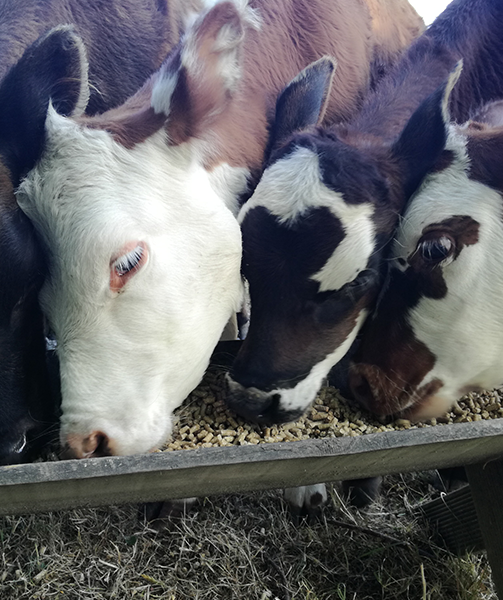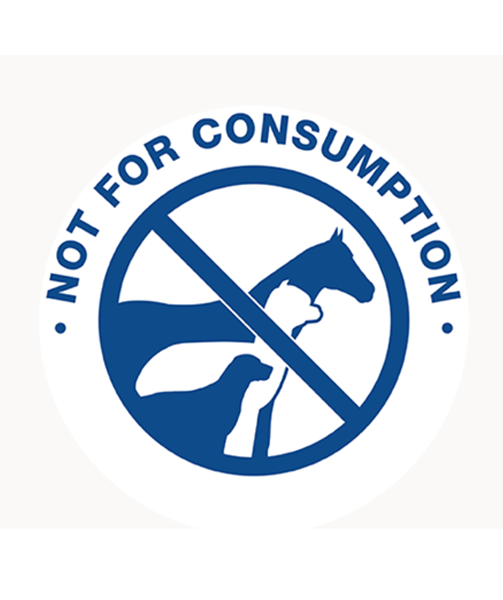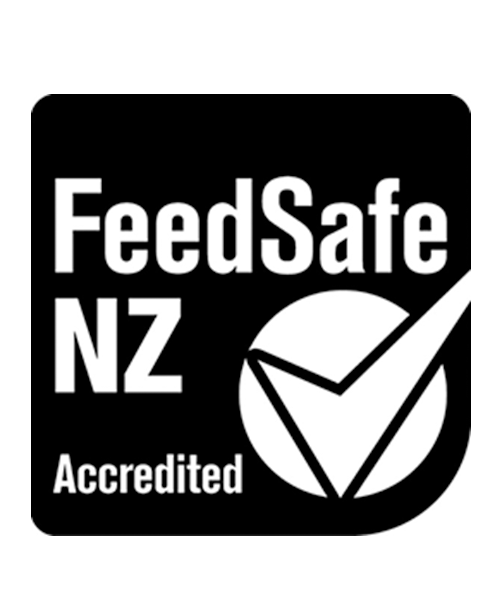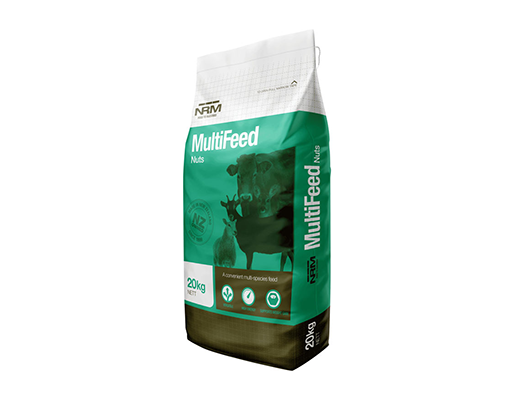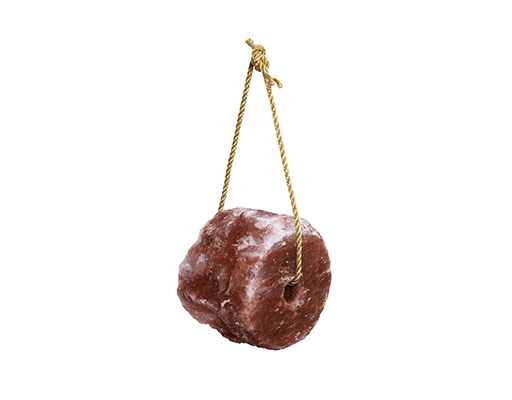FEED SAFETY FOR YOUR ANIMALS
Words by Stacey Cosnett – Head of Animal Performance
It’s crucial you understand what you’re feeding your animals. Some products like NRM MultiFeed Nuts have a safe level for a wide range of species, but some feeds can be dangerous when fed to non-target species.
Macrominerals
Calcium, magnesium, sodium and phosphorous are classed as macrominerals, and the level required per day can differ depending on the physiological state of an animal. For example, a laying chicken making an eggshell a day requires a lot of calcium compared to chicks or pullets that are not yet producing eggs. Growing animals also need the correct balance of macrominerals to support skeletal growth. If an animal is fed too much or too little of a macromineral it can cause health issues, so it is important to pick a feed that is designed for your animals.
Micronutrients
These include trace elements such as cobalt, copper, selenium, iodine, zinc and manganese, and vitamins such as vitamins A, D and E. Micronutrients need to be consumed in small quantities per day but have a big impact on the health and vitality of our animals. The requirement for micronutrients varies between species. A good example of this is copper. Cattle require more copper compared to lambs and sheep, so if cattle or calf feed with a high level of copper is fed to a sheep or lambs it can cause toxicity.
NRM MultiFeed Nuts have been designed to safely feed to cattle, sheep, goat and deer so they are a great option if you have a range of ruminant animals to feed on your lifestyle block. A small amount of NRM MultiFeed Nuts each day will keep animals topped up on micronutrients and will support a healthy immune system. It’s also quite handy having friendly animals that run at the shake of a bucket of feed!
Coccidiostat safety
Coccidiostats are often found in calf, lamb, chick, dairy and rabbit feeds and while important for these animals to prevent a common disease, they can be very harmful to non-target animals. Common coccidiostats used in feeds in NZ include Bovatec®, Rumensin®, Deccox® and Cycostat®. If a feed contains a coccidiostat it should be clearly stated on the front of the bag with clear warning labels identifying at risk species. Some animals are very sensitive to coccidiostats and sickness or even death can occur if consumed.
These animals include dogs, horses, donkeys and camelids such as alpacas and llamas. It is important to not allow these animals access to feeds containing a coccidiostat. If accidental ingestion occurs, contact your vet. Dogs need to be kept a close eye on around calf feed as this seems to be the biggest occurrence of coccidiostat toxicity on farms.

